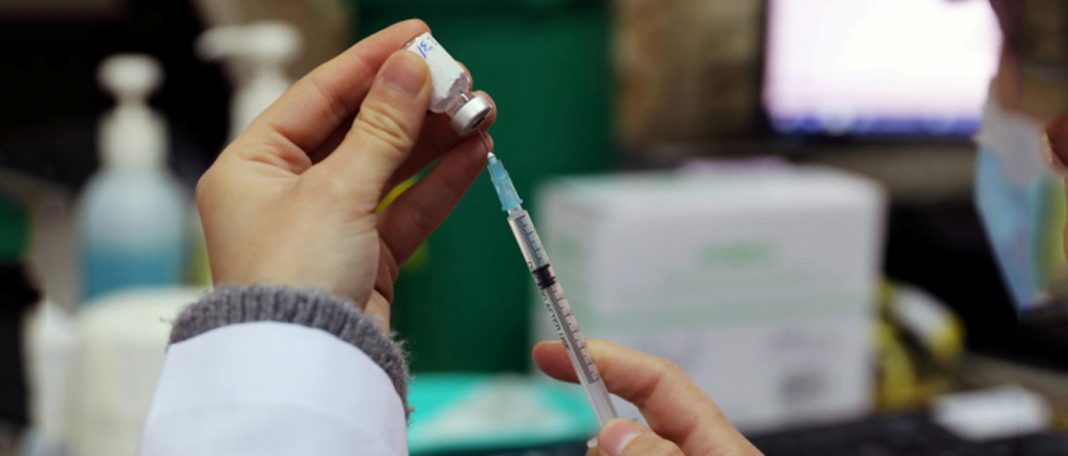COVID-19 has taken various mutations since it first emerged in China in late 2019 and the Delta variant is one among them. The Delta variant is highly contagious and it was first discovered in India and it caused a rapid increase in COVID-19 cases. The original Delta variant has traveled to all parts of the world and every state in the U.S has Delta cases. According to Russian media, 90% of the new COVID-19 cases are because of the Delta variant. Recently, scientists have found a new mutation of that variant called “Delta plus, AY.1, K417N or B.1.617.2.1.”
Scientists say that the new stronger variant Delta plus has an extra mutation in the spike protein of SARs-CoV-2, the virus that causes COVID-19. The Delta plus was found in samples from 48 people out of 45,000 samples in India. Studies say that it can replicate and spread faster and can bind more fastly than other variants. The World Health Organization (WHO) designated it as a variant of concern (VoC). The Delta plus is also found in the following countries- China, Russia, Poland, Nepal, USA, UK, Switzerland, Japan, and Portugal. It is said that the mutation is also found in beta and gamma variants which were earlier found in South Africa and Brazil. In the United Kingdom, almost 40 cases are reported and the United States has 83 cases of Delta plus.
What do You need to Know About Delta Plus?
Scientists say there is not enough evidence or data to state Delta plus is more dangerous than other COVID-19 variants. With the current evidence, the Delta plus is not very different from the Delta variant. On the other hand, some researchers say that Delta plus is more dangerous than the previous one and it has the tendency to be transmissible up to 43% to 90%. They also think it might be more dangerous than the alpha variant which is spreading rapidly in the UK. One of the emerging variants is characterized by the K417N mutation and 63 genomes of the Delta with K417N mutation have been identified by GISAID.
Will Vaccines Work on Delta Plus?
Delta plus might have a similar ability to evade immunity and it also can reduce the effect of the monoclonal antibody. The new mutation is located on the key portion of the virus, the spike protein which is used to penetrate human cells. The new mutation has the potential to escape the immune system to some extent. Whereas the previous other mutations have the receptor-binding domain of the spike protein that makes the virus attach to the receptor cells. As of now, there is no sufficient data to prove the vaccines’ effectiveness. It is also said that there is no case of the Delta plus variant affecting the vaccinated people. However, Delta has been shown to reduce the efficacy of vaccines.
The effectiveness of the Delta plus is currently unknown but vaccines can reduce the risk of COVID-19 and its variants. So, if you haven’t been vaccinated yet, get your COVID-19 jabs immediately.


















